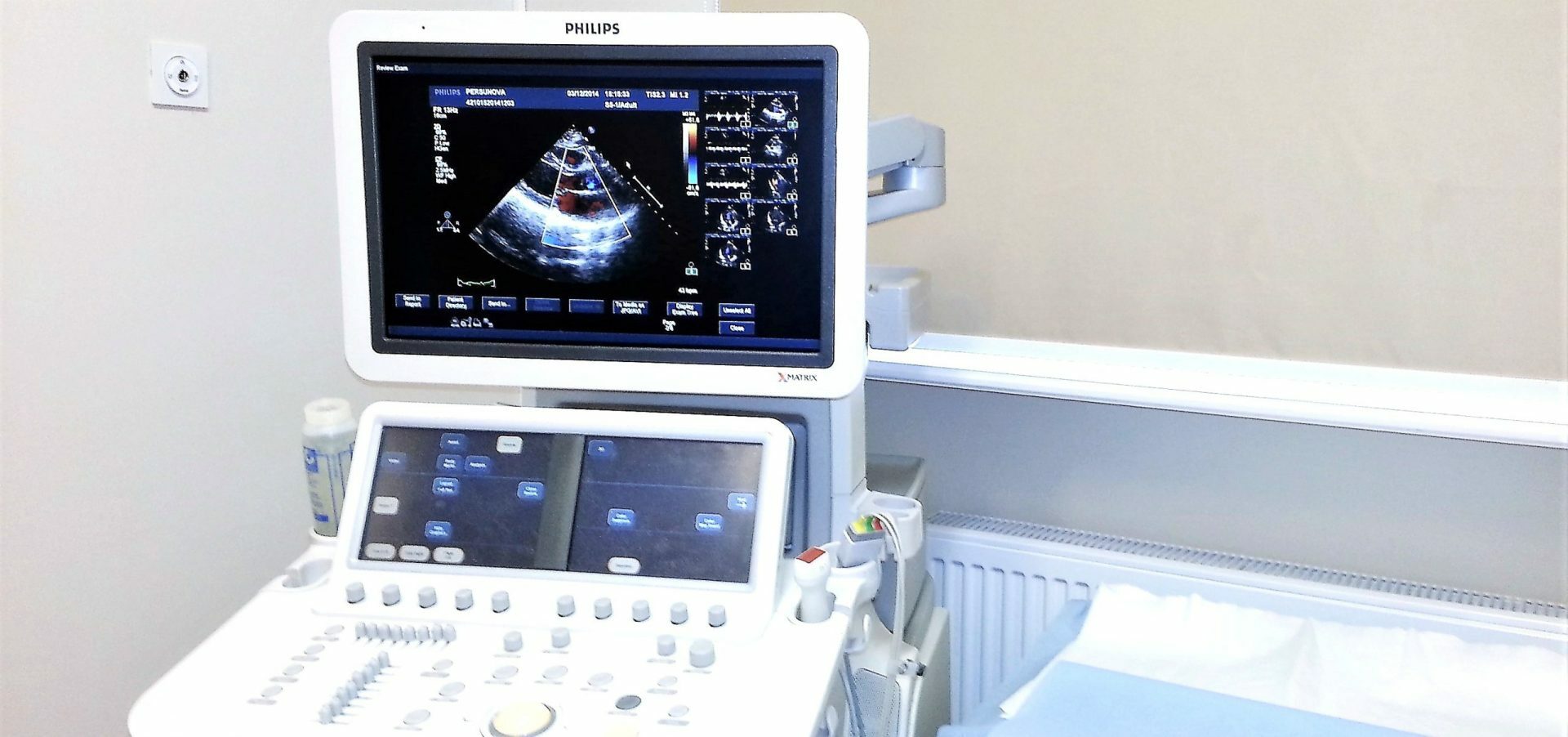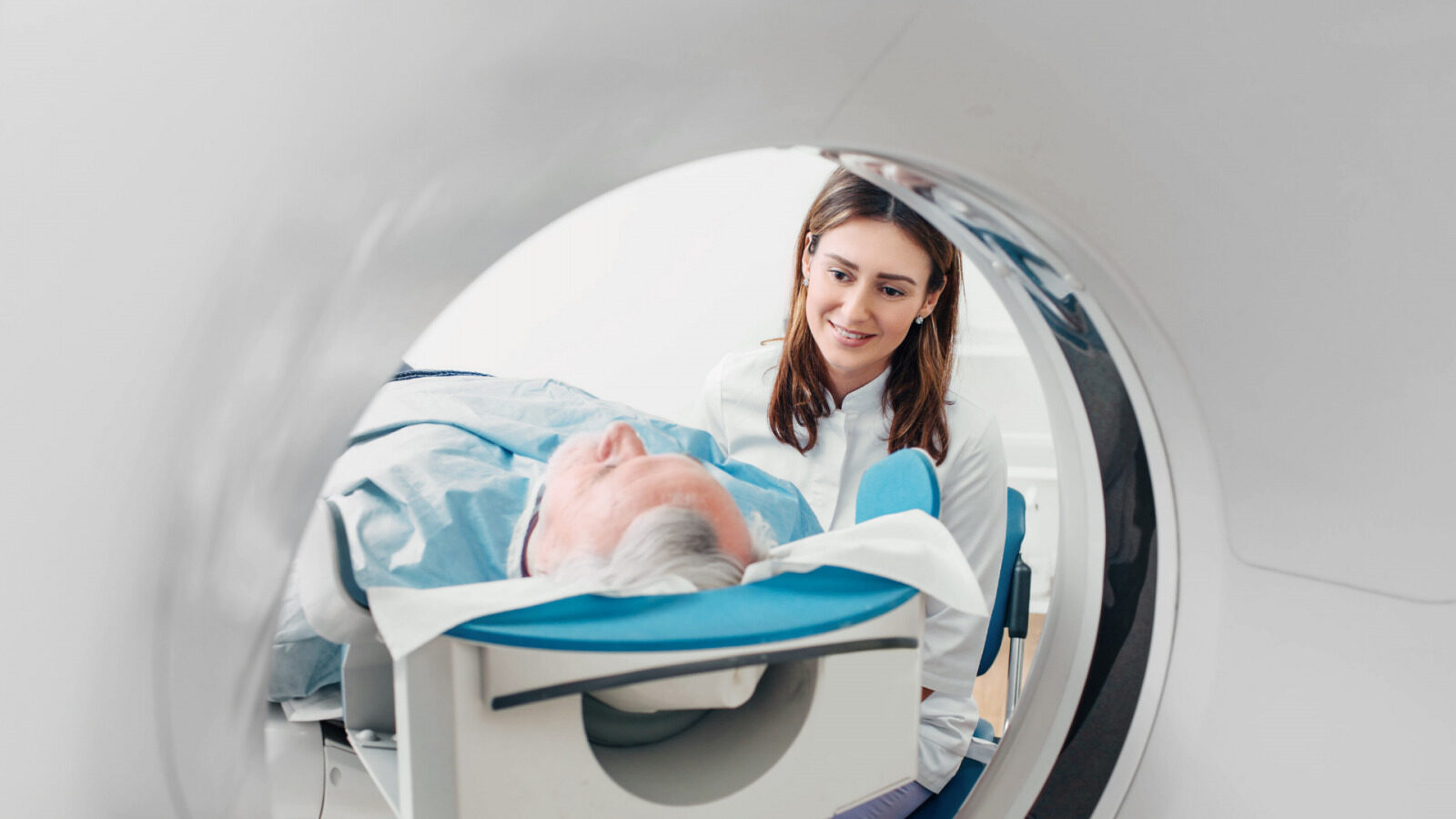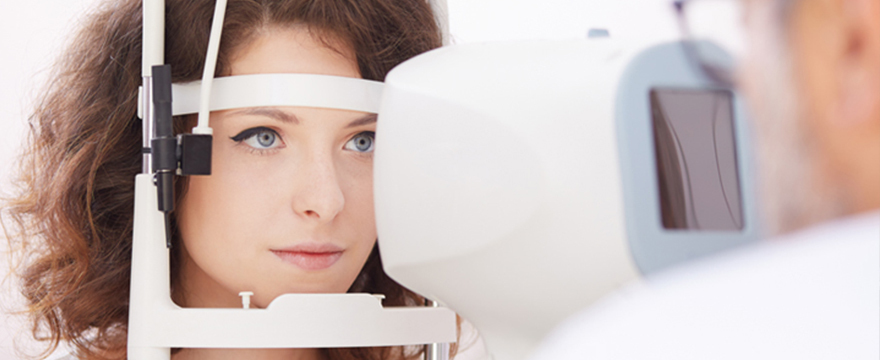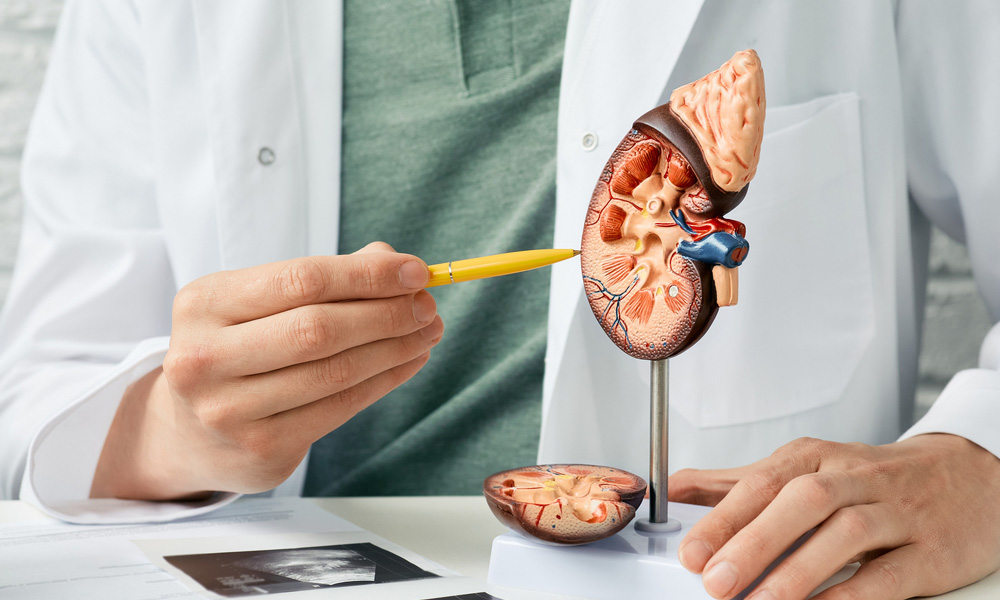
Endocrinology is the branch of medical science that studies the structure, function, and treatment of disorders of the endocrine glands.
The endocrine (hormonal) system is a regulatory system that ensures the coordinated functioning of the body. Its main functions include promoting growth and development, energy production and usage, and reproductive functions. Endocrine disorders are related to an increase or decrease in hormone levels in the body.
An endocrinologist is a doctor who diagnoses and treats diseases caused by hormonal and metabolic regulation disorders.
Symptoms indicating you should not delay your visit to an endocrinologist:
- Persistent thirst (inability to quench thirst), frequent urination, weight changes
- Enlarged thyroid gland with palpable nodules (sometimes nodules may not be felt), swollen or inflamed eyes and eyelids, hot or cold flashes
- Sudden increase in blood pressure, uncontrolled by over-the-counter medications, palpitations, sweating, and headaches
- Growth and puberty disorders, discharge from the breasts
- Changes in the size of the face, feet, and fingers, red streaks on the abdomen, armpits, or chest
- Excessive hair growth in women with irregular menstrual cycles
Before your visit to the endocrinologist
It is recommended to bring all related discharge summaries and reports from other medical institutions to your consultation with the endocrinologist. This information helps the doctor save time and resources, as some tests may have already been performed recently and may not need to be repeated.
IMPORTANT: Bring any blood test results you have. Test and examination descriptions should be in paper format, and copies may be added to the patient’s medical history if needed.
Possible examinations:
- Blood and hormone tests
- Ultrasound (thyroid, abdominal organs, kidneys, head and leg blood vessels)
- CT scan
- Angiography
- MRI
The endocrinologist provides consultation and treatment for adults (aged 18 and older) with various endocrine diseases and disorders, including:
- Diabetes and glucose metabolism disorders, including gestational diabetes
- Excess body weight
- Thyroid disorders
- Calcium and phosphorus metabolism disorders, such as osteoporosis and vitamin D deficiency
- Adrenal disorders, adrenal adenomas
- Gynecological issues, such as irregular menstrual cycles, polycystic ovary syndrome, or excessive body hair
- Pituitary gland disorders, pituitary tumors
- Evaluation of potential endocrine disorders
The endocrinologist prescribes state-compensated medications and provides outpatient education for diabetes patients on self-care (blood glucose monitoring, insulin injection techniques, etc.).
Pediatric endocrinologist consults children up to 18 years old with:
- Growth and puberty disorders
- Weight issues
- Glucose metabolism disorders (diabetes, hypoglycemia)
- Thyroid diseases
- Calcium metabolism disorders
Diabetes education
For starting insulin therapy, state-funded consultations with a diabetes nurse are available. The diabetes nurse is available on Fridays from 5:00 PM at the “Bruņinieku” polyclinic.
For the consultation, the patient must bring:
- Referral from a family doctor or endocrinologist
- Glucometer
- Insulin
- Test results
- Diary recording blood sugar levels
Other related services











